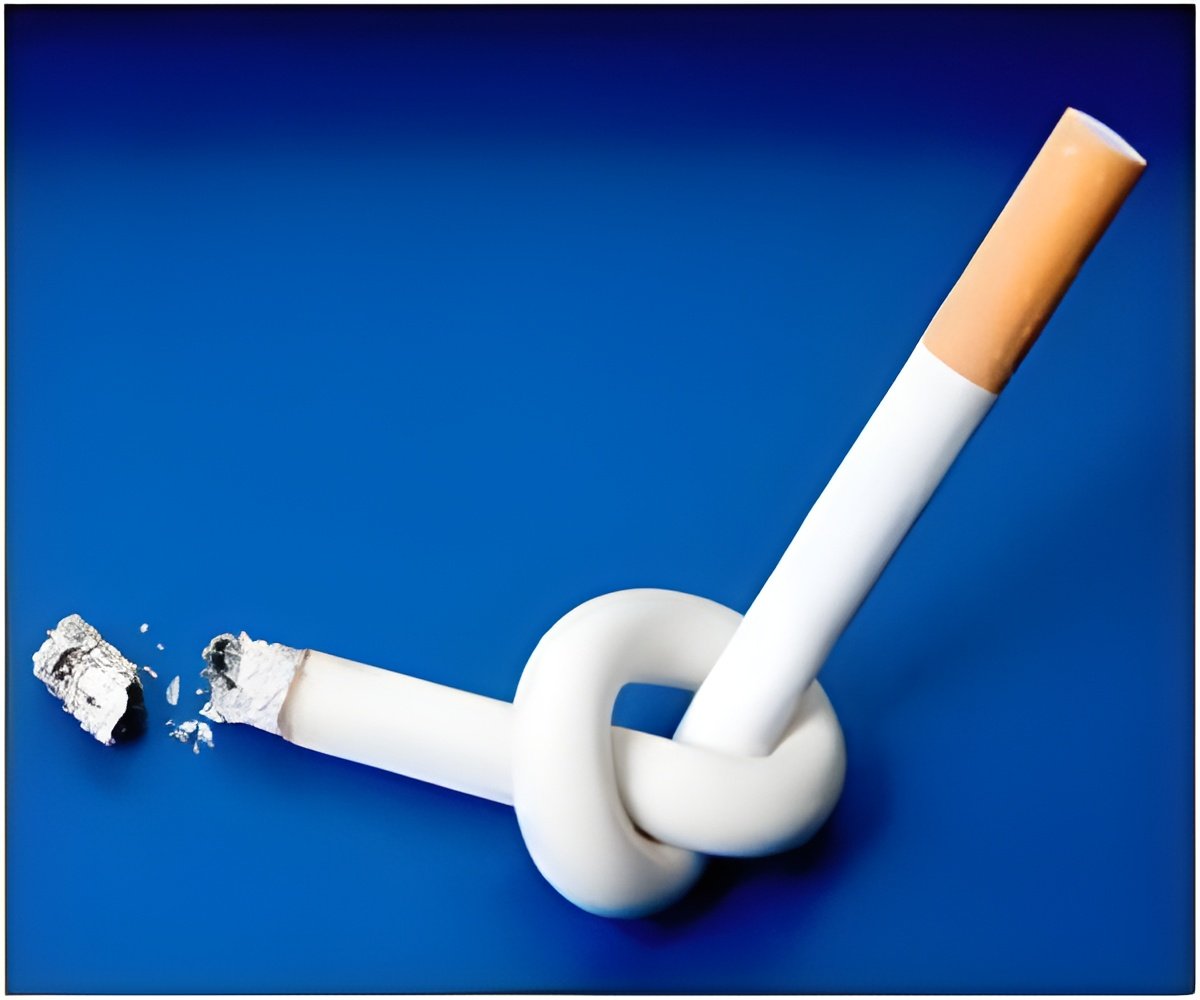Ambulance calls to casinos in Gilpin County dropped about 20 percent, when smoking was banned from casinos in Colorado, according to research.

How did the smoking ban lead to a reduction in ambulance calls? Partially by eliminating exposure to secondhand smoke, said Stanton Glantz, Ph.D., the study’s lead author.
"Inhaling secondhand smoke increases the chances of blood clots than can block arteries and makes it more difficult for arteries to expand properly, changes that can trigger heart attacks," said Glantz, director of the Center for Tobacco Control Research and Education and professor of medicine in the division of cardiology at the University of California, San Francisco. "The calls may also have decreased due to smokers not being able to smoke in the casinos, thus avoiding the immediate toxic effects of smoke on their blood and blood vessels and because some people quit smoking."
For this study, the first to examine the health impact of smoking bans in casinos, researchers focused on the number of ambulance calls in Gilpin County, Colorado, a tourist destination with 26 casinos – the largest concentration in the state.
Smoking was banned from public locations, including workplaces, restaurants and bars in Colorado in 2006, and ambulance calls to those locations went down 22.8 percent. Casinos, however, were exempt from the ban and their ambulance calls remained about the same.
Then, in 2008, smoking was extinguished at the casinos, too, and ambulance calls there dropped by 19.1 percent, while there was no further change at the other facilities.
Advertisement
"Casinos are often exempted from legislation mandating smoke-free environments, putting employees and patrons at risk for heart attacks, strokes, asthma attacks and other adverse events triggered by secondhand smoke," Glantz said. "The message to policymakers is clear: stop granting casino exemptions. They lead to a substantial number of people being sent to the hospital, often at taxpayer expense, something that is completely preventable."
Advertisement
"For decades the American Heart Association has strongly supported laws that require indoor public places and workplaces to be smoke-free," said Nancy Brown, CEO of the American Heart Association. "We applaud Colorado lawmakers for protecting casino workers and patrons and encourage more states and Native American tribes to follow suit."
The study did not have information on outcomes of the ambulance calls or detailed information on patients, so researchers could not differentiate events related to smoking or secondhand smoke from other emergencies.
"My advice for people with heart disease is to make your home smoke free and don’t visit casinos or other venues with secondhand smoke," Glantz said.
Source-Eurekalert









